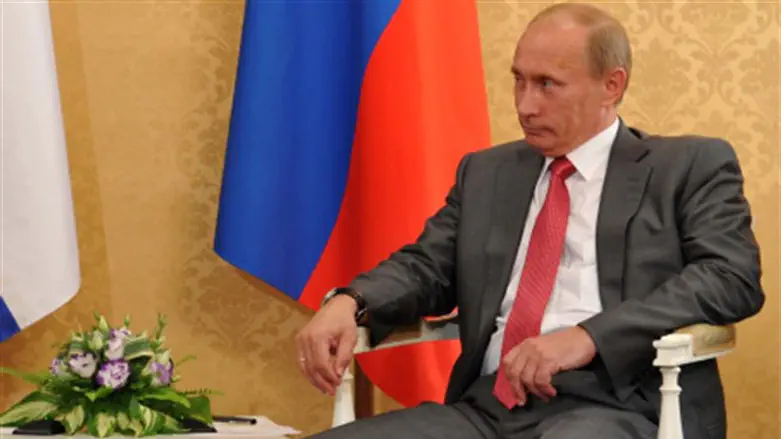
With almost a dozen vaccines for coronavirus under development across the world, why has Hadassah hospital put in its order specifically for a Russian-made product? According to a report in Galei Tzahal last week, Hadassah has ordered 1.5 million doses of “Sputnik V,” even though Phase 3 trials for the vaccine have yet to be completed. The veracity of the report was confirmed by Hadassah’s director himself, Professor Zeev Rothstein.
“We have a lot of respect for the vaccine,” Rothstein said in response to the disclosure. “Trials by many other companies in the world have been halted due to safety concerns, but the Russian trials continued and none of the volunteers [suffered serious side effects].”
All the same, Russia’s vaccine trials (the country has a second vaccine under development too) have come in for international criticism for the manner in which they are being conducted. An article in the prestigious Lancet medical journal with regard to Sputnik V noted that the data provided for public scrutiny only related to immune response, which “would not generally be an adequate basis for approving a vaccine … [you can only] find out the degree of protection in large-scale trials.”
Such large-scale trials are currently underway, with around 40,000 people in Russia and other countries enrolled. Results will not be ready for another month or two, and Rothstein stressed that, “if it’s proven ineffective upon completion … obviously we won’t use it.”
Within Russia, by contrast, tens of thousands of people have already received the vaccine, including the daughter of President Putin himself. “I know [the vaccine] works quite effectively,” Putin said. “It helps to develop strong immunity, and has gone through all the necessary tests.”
What does “quite effective” actually mean? It depends on whom you ask. According to the FDA, a coronavirus vaccine should be at least 50% effective. With the Russian company producing Sputnik V predicting its ability to manufacture up to 500 million doses per year in the near future, a lot of people are banking on it – around 1 billion doses have already been ordered from countries around the world – now including Israel, which has a vaccine program of its own being managed by the Biological Institute.
Just what is the Russian connection to Hadassah? Two years ago, Hadassah opened a Moscow branch in the Skolkovo innovations city, whose unique legal status makes it possible for Israeli doctors to operate within Russia without requalifying. Hadassah is actually collaborating with Russia in the Sputnik trials, Rothstein confirmed, apparently in the hope that results from Phase 3 trials will prove more encouraging than those from Phases 1 and 2.
According to a report in The Conversation, those results showed “high levels of antibodies” but “a more important measure is the level of antibodies that are functional … and the levels of neutralizing antibodies were quite low in this study, compared with other published vaccine trials. So too were the T-cell responses.”
If Hadassah remains optimistic regardless, Russians are becoming less so. A poll published last week, cited by the Moscow Times, shows that Russian distrust of their homegrown vaccine – significant from the outset – is growing. Back in August, 54% of Russians responded that they were “unwilling” to use the vaccine; that number has now risen to 59%, even as Russia’s infection and mortality rates from Covid-19 rise. The vaccine there, for the time being, remains free and voluntary. What will happen in Israel if and when a vaccine is approved remains to be seen.

